
026 Income Redistribution 2
How does government redistribution of wealth destroy community?
How does free trade promote community?

How does government redistribution of wealth destroy community?
How does free trade promote community?

In a country as wealthy as America, should the government redistribute some of the wealth to help out those who are struggling?
If we vote on it, and the majority of the people think it is a good idea, does this justify taxing away from some to give it to others?

Navigation Points Video: Today I am joined by my son, Caleb to discuss scarcity a little further.

This week’s video: What do economists mean when they say we live is a world of scarcity?
Don’t we just have too much stuff?
If you could accomplish anything you wanted in your life, what would that be?

This week’s video answers:
How does a nation’s wealth grow?
What is the invisible hand?
Who was Adam Smith?
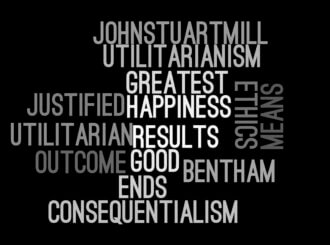
In Romans chapter twelve the Apostle Paul tells us not to be conformed to the pattern of this world, but to be transformed by the renewal of our minds. The question I would like to raise is, “What does this look like in practice?” At the core I think we can all agree that it means we should be students of God’s Word. That is, God is calling us to know His Word. However, I think the admonishment goes beyond this. Indeed, we must be able to apply the principles of Scripture to the various facets of daily life if we are to fully implement the command. In this regard, I’m afraid that we may well be falling far short of our duty.
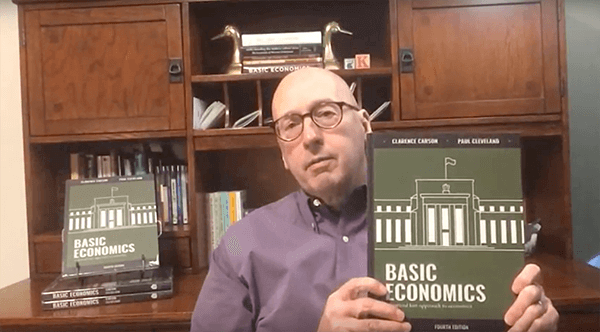
Once economics adopted utilitarianism, moral principles were cast aside in favor of what has become a practical atheism. Sadly, even many Christian institutions have uncritically adopted this curriculum. See what we are doing to help you stem the tide in this week’s Navigation Point.

One might ask the question, why would I want to use an American Government textbook that was written twenty years ago? It is because this is a text that is sorely needed today. Read a little of Dr. Clarence Carson’s Preface, and ask yourself if this is not an endeavor worth the time and effort of your students. These principles, truly understood, will prepare them for their future:
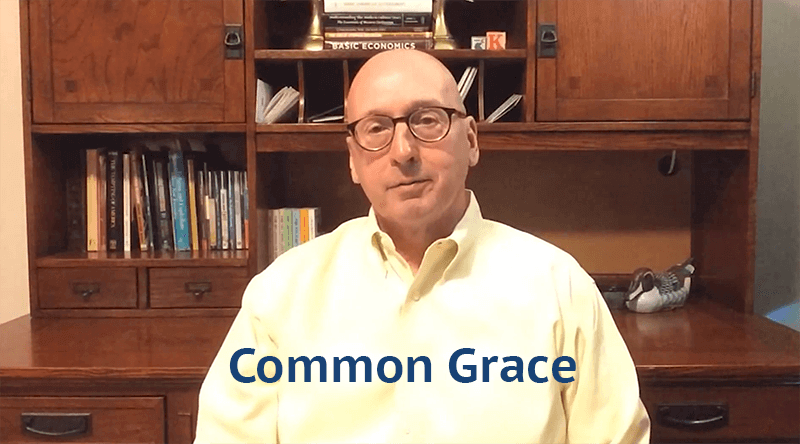
What does morality have to do with economics?
What about people who cheat and steal from others?
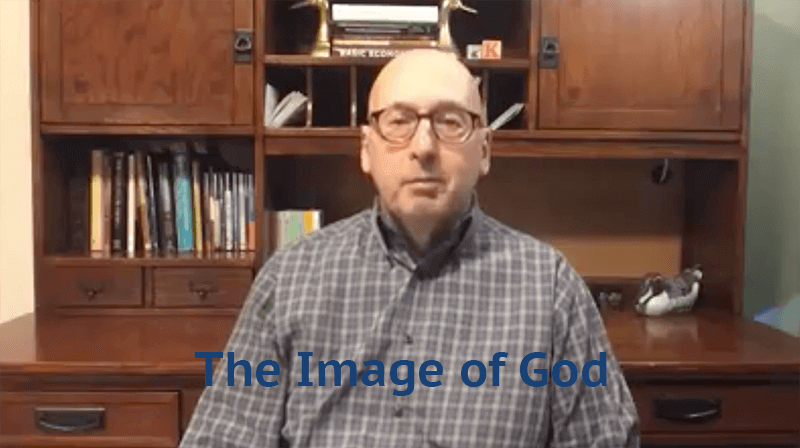
What was Moses saying when he said we were made in the “Image of God”?
What are the implications?
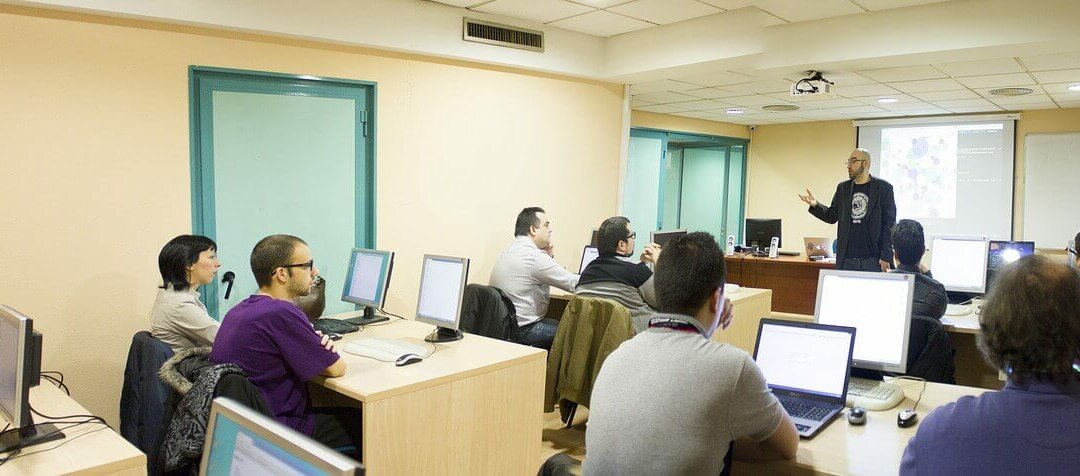
One common goal of Christian educators is to prepare their students for college. As part of this preparation, many teachers endeavor to prepare their students to take the AP exams in various disciplines. Moreover, parents are likely supportive of this practice since successful passage of those exams can earn college credit, thus reducing the number of courses needed to graduate and, in turn, saving the parents tuition dollars. What could possibly be wrong with this practice?
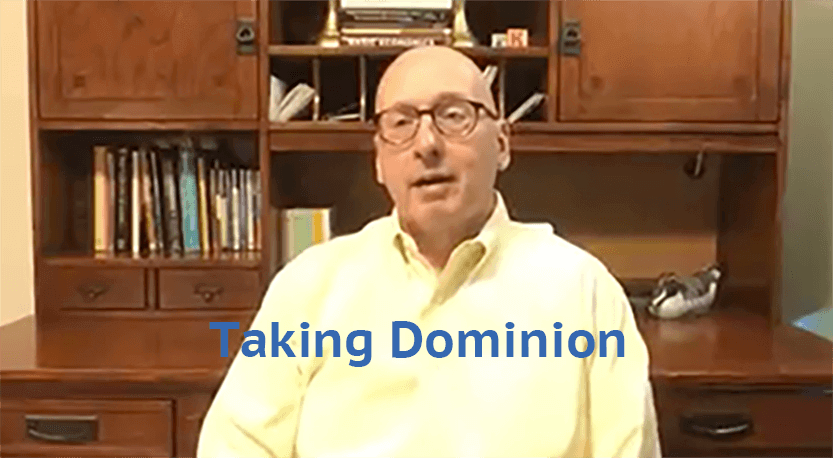
This week’s video: God gave Adam and Eve everything they would need to enjoy life in the Garden of Eden, but He did not tell them to put their feet up and live a life of leisure. He commanded His Image bearers to multiply and take dominion of the whole world, which would require work.
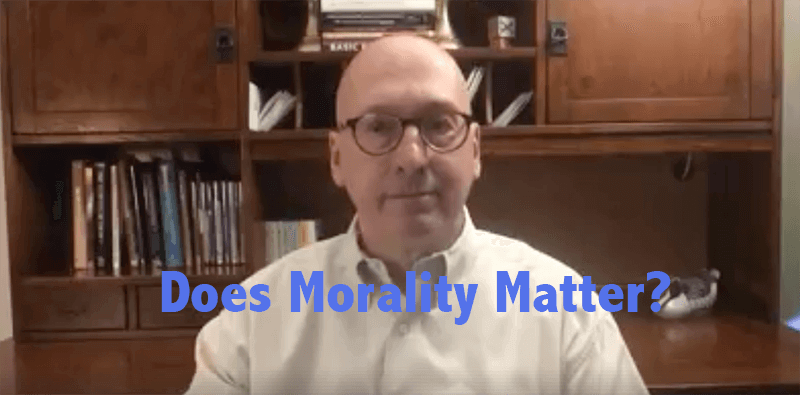
This week’s video: Why should you act morally in economic exchange?
How should we treat those with whom we trade?

James and Paul discuss various topics including economics, social justice and becoming your own banker. This was recorded in May of 2017. James’ website: https://www.bankingwithlife.com/
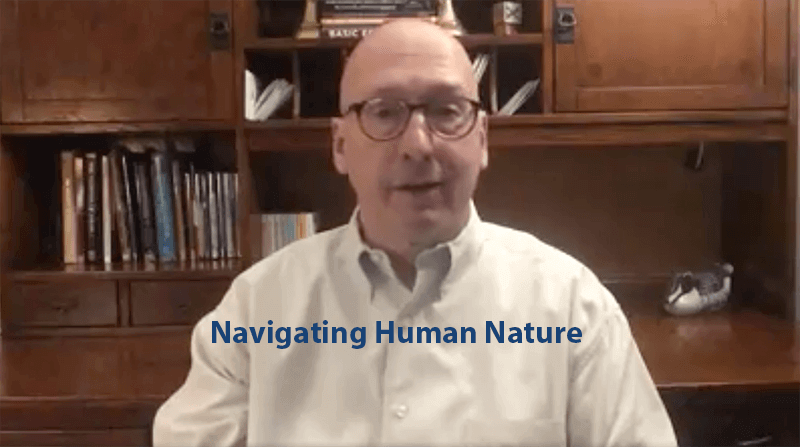
Why can’t we all just get along?
Is self-interest the same thing as selfishness?
Can we change human nature with political policies?
This week’s video explains why you should learn some about economics.
Today’s video discusses: Why is the freedom to innovate so important?
Why do we need to be careful about enacting government regulation that restricts innovation?
If government bureaucrats directed all research, what effect would it have on the creative process?
If the profit motive were taken away, how many hours of innovative thought would never happen across the entire country?
Why do people produce goods to sell in the market?
What is Say’s Law and does it even apply or matter?
How is wealth created?
How does government intervention in market prices affect the market?
Does the size of the national debt really matter?
Just how big is a trillion?
Who do we owe all that money to anyway?
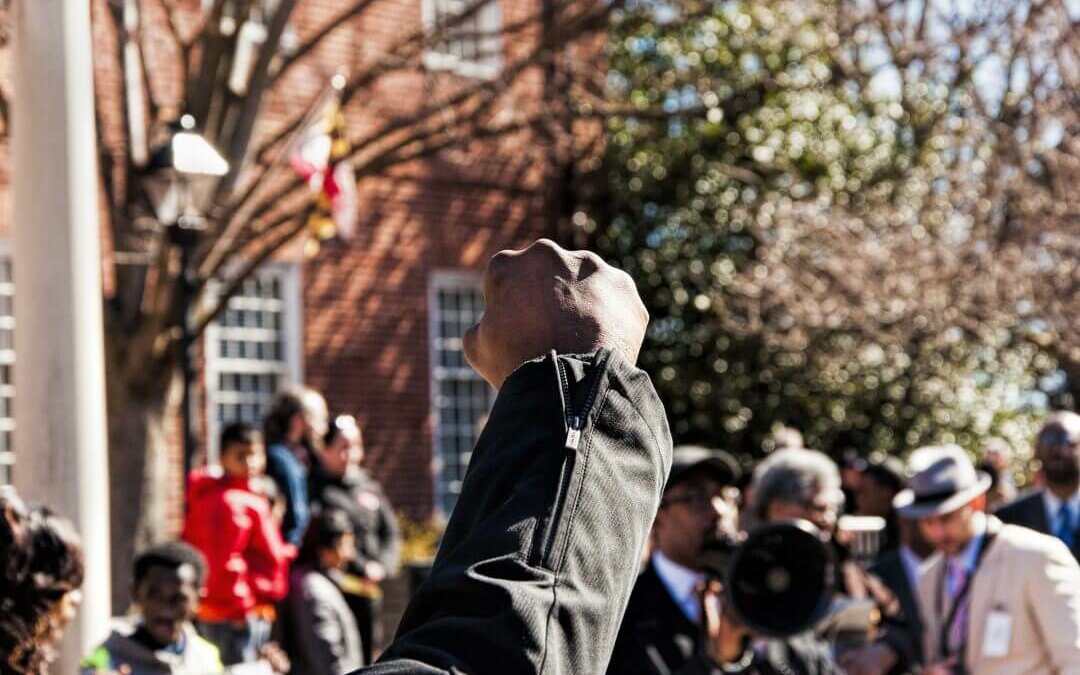
In March of 2017, student protesters at Middlebury College shut down a planned lecture by Charles Murray. Murray was there to discuss the subject matter of his recent book, Coming Apart. The protesters themselves were wholly ignorant of anything that Murray had ever written or what he was going to say that evening. Nevertheless, they shouted and chanted and accused Murray of things he has never said or written. This event is incredibly disturbing